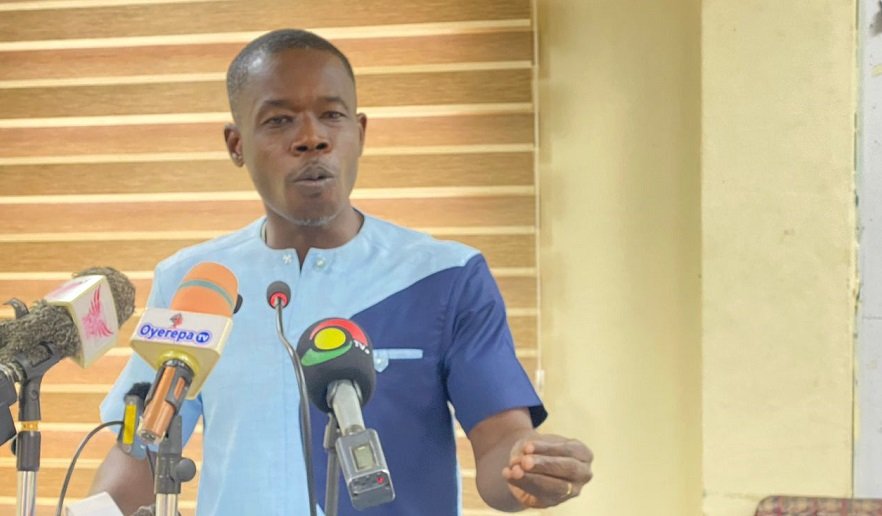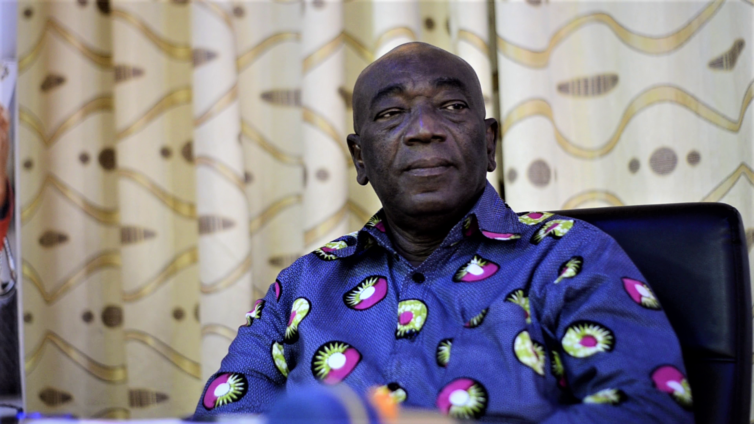ARTICLE AD
Ghana holds the view that the best form of support for the International Criminal Court (ICC) is by African nations developing sovereign legal systems to prevent intervention of ICC, Mr Godfred Yeboah Dame, the Attorney-General and Minister of Justice, had said.
He said when democracy reigns and is practised in its true form with the citizens feeling a sense of fulfilment of the entitlements of citizenship – free expression, security, adherence to constitutionally stipulated terms for governments without an attempt to manipulate same – concerns about the commission of genocide, war crimes, crimes against humanity and impunity in general would be non-existent.
Mr Dame was speaking on Monday, at the Annual Conference of States Parties to the International Criminal Court held in The Hague, Netherlands.
The Attorney-General who led a delegation including Ghana’s Ambassador to Netherlands, Francis Danti Kotia, and Deputy Head of Mission Yaowi Senalor told member states that the practice of democracy in Africa enjoins the establishment of sound systems of justice and the creation of facilities for the investigation and trial of cases of interest to the ICC.
This, without a doubt, the Attorney-General said, was in line with the declared objective of the ICC as it fosters the principle of complementarity enshrined in the Rome Statute.
Mr Dame commended the court and States Parties for their collaborative efforts at deepening cooperation and complementarity in favour of justice for the victims of atrocities.
He said Ghana affirms the need for effective operationalisation of the principle of complementarity in furtherance of the full realisation of the objectives of the framers of the Rome Statute at the national level.
Mr Dame said the primacy of national jurisdiction over the prosecution of crime requires that state have strong and effective legal and judicial systems for investigating and prosecuting international crimes as the ICC by itself, lacks the capacity to investigate and prosecute all international crimes committed in the territories of states.
Besides, he noted that domestic legislations of African countries must recognise war crimes, crimes against humanity and genocide as specific offences.
“This may be achieved either through the domestication of the Rome Statute into our laws, so that national courts assume jurisdiction over offences created by the Rome Statute, or the passage of a specific legislation affirming the creation of such offences with punishment duly prescribed according to international standards and a forum for punishment of same within our respective domestic legal jurisdictions duly stipulated,” Mr Dame said.
The Attorney-General said Ghana welcomes the opening of preliminary investigations into several situations outside the African continent by the Court and the establishment of OTP offices abroad.
“This development and its visible outcomes could help dispel the perception that the Court unduly concentrates on Africa, especially as international crimes under the Statute know no geographical boundaries. The Court must be seen to have its searchlight everywhere and to be responsive to war crimes, genocide, crimes against humanity and the crimes of aggression committed anywhere without equivocation,” Mr Dame added.
In the wake of the recent cyber and political threats to the security of the Court, Mr Dame said Ghana said supports the independence of the Court and the measures taken in protection of the Court’s staff and documents.
“We call on all States Parties to the Rome Statute to stand together in unity and with one voice, in defence of the court and its officials at all levels. Ghana commends the enduring words of the President of the Court, Judge Tomako Akane, in her address to the UN General Assembly that “the Court is only bound by the law and will not change the course of its actions due to threats, be them political or of another nature,” and that “the Court will continue abiding by its mandate undeterred, with integrity, determination, impartiality and independence at all times,” he said.
BY MALIK SULLEMANA

 11 hours ago
9
11 hours ago
9 

